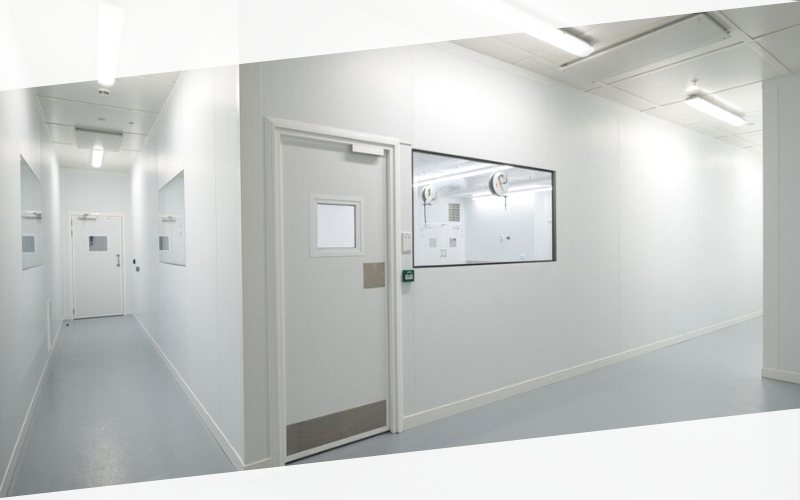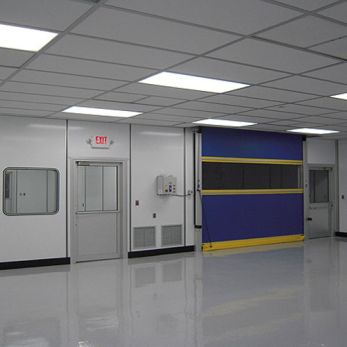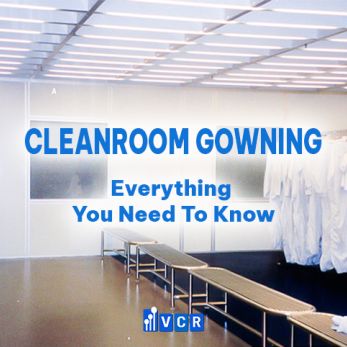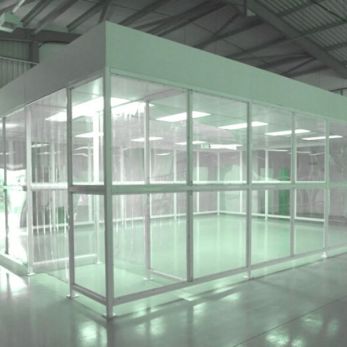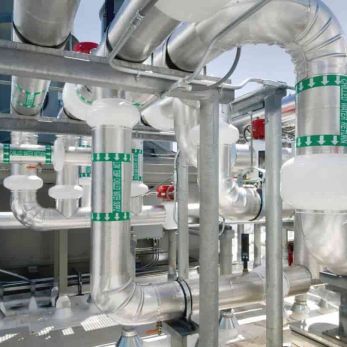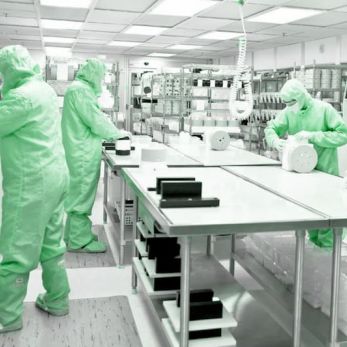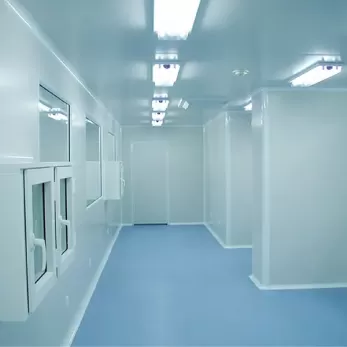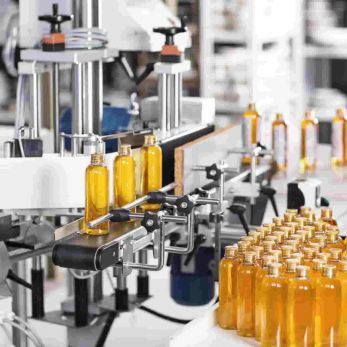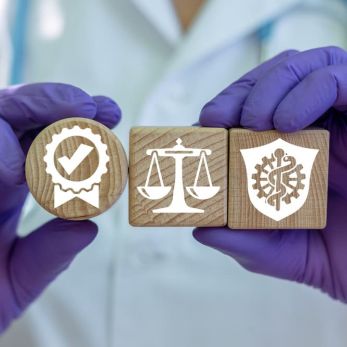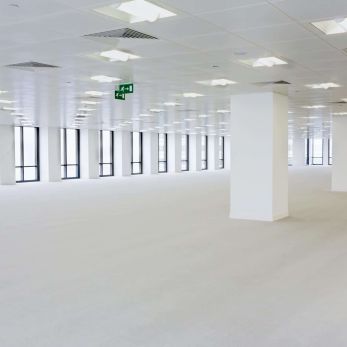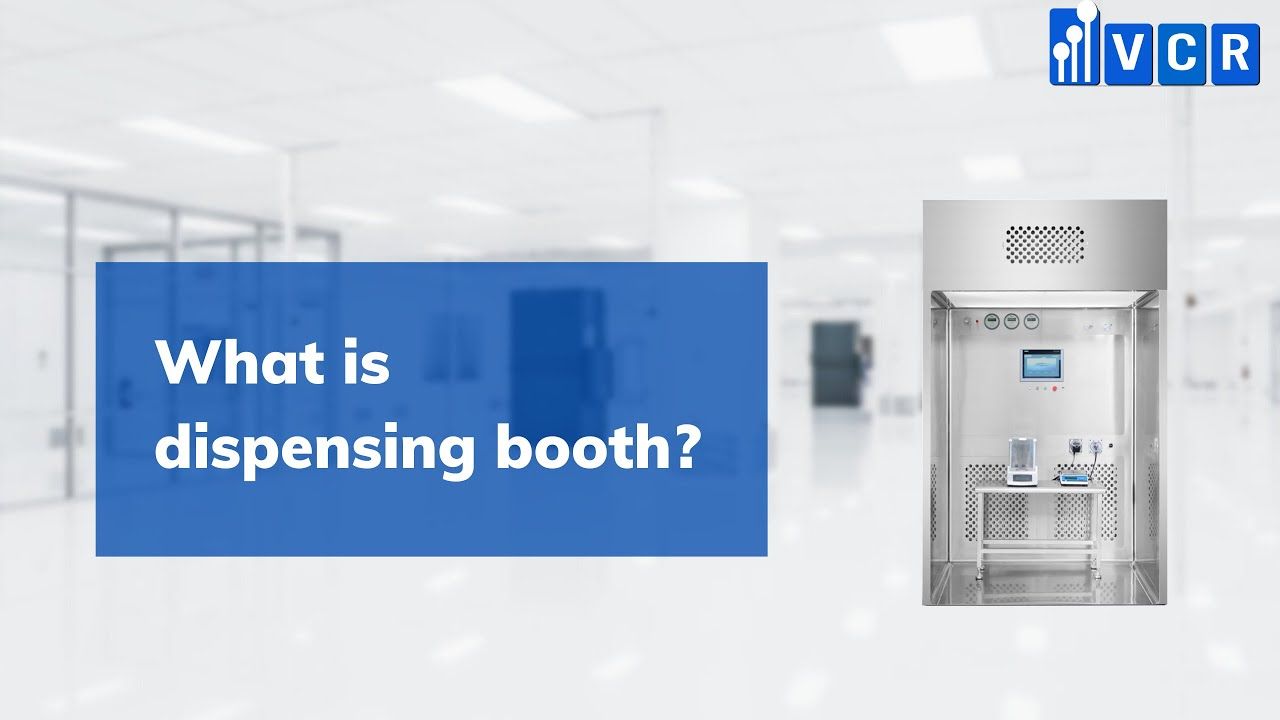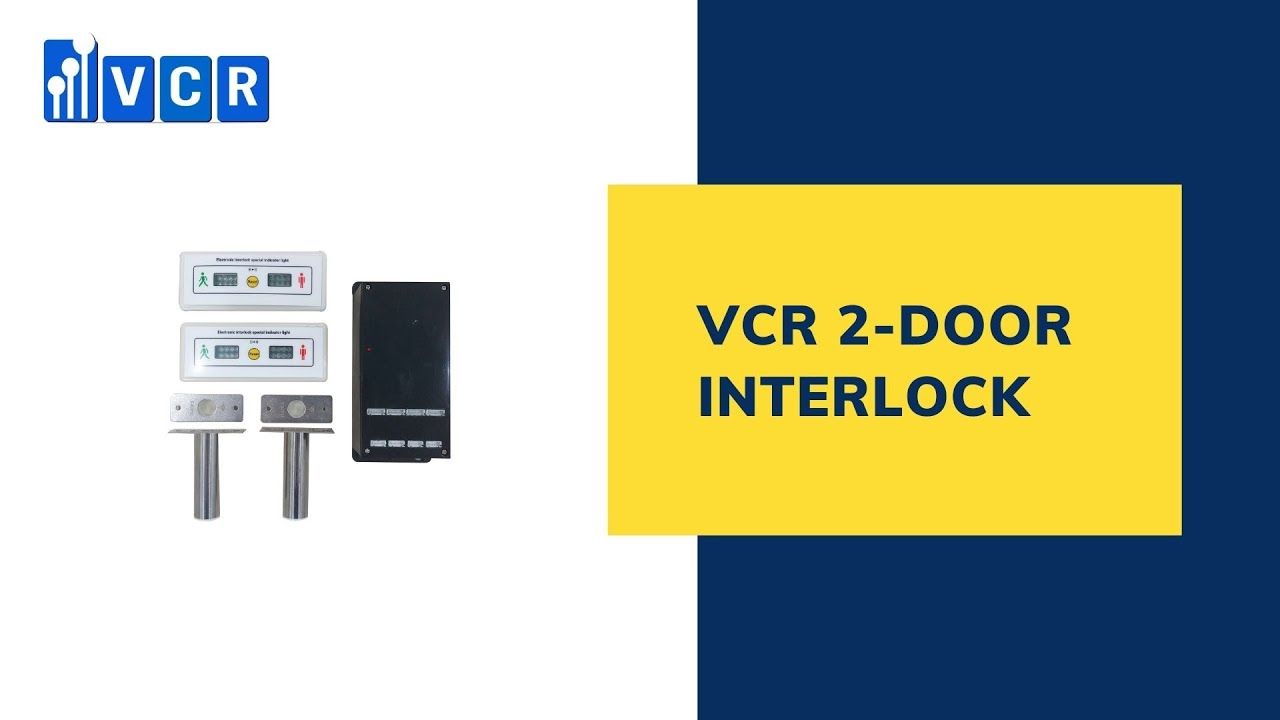Hardwall cleanroom vs softwall cleanroom: Which one is better?
When it comes to designing a cleanroom, you have two distinct options: a hardwall cleanroom or a softwall cleanroom. There are a few things you should consider before you choose, which cleanroom type can assist you in selecting the best for you and your
When it comes to designing a cleanroom, you have two distinct options: a hardwall cleanroom or a softwall cleanroom. There are a few things you should consider before you choose, which cleanroom type can assist you in selecting the best for you and your needs. The key difference is that hardwall cleanroom is permanent, while softwall cleanroom is temporary.
1. Softwall cleanroom
Softwall cleanrooms are generally designed for temporary arrangements, such as short-term research projects. Softwall cleanrooms are more economical here because the installation process takes less time than it does for a hardwall cleanroom. The installation is faster because there are no underground preparations and the cheaper, soft materials are used for walls and other components.
Softwall cleanrooms might be the right method for you because they are economical, versatile, portable, expandable, and easy to assemble.
The integrity of the softwall cleanroom is questionable because of the construction. The walls of a soft cleanroom are easily built up and taken down and therefore room pressurization, changing areas and operator traffic are harder to control and regulate. Softwall cleanrooms are usually recommended for instances where processes are not as critical and therefore they are not suitable for pharmaceutical applications regulated by the MHRA.
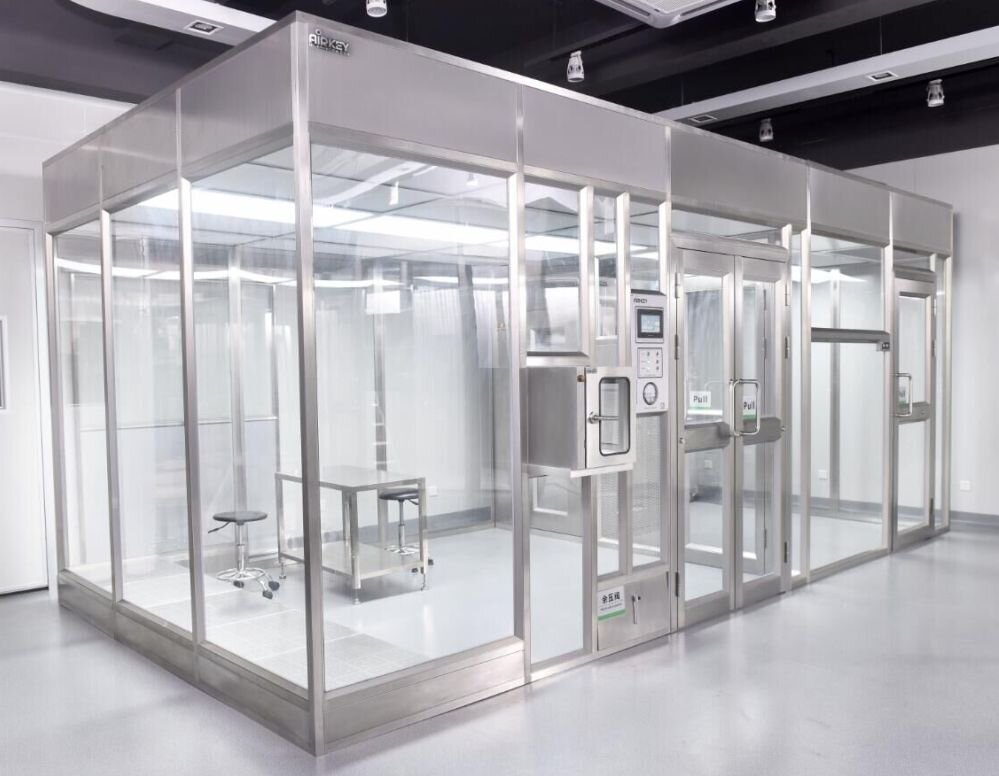
2. Hardwall cleanroom
Hard wall cleanrooms are built with permanent infrastructure, services and fabric – making the controlled area permanent. A permanent cleanroom gives you more space and is designed with future expansion in mind. If you choose to build a larger cleanroom, you’ll need to have the proper equipment, gowning area, and cleanroom garments.
Hardwall cleanrooms can guarantee cleanliness more than a cleanroom can. With a permanent structure, you don’t run the risk of leaking contaminants as you do a temporary one.
When deciding upon which cleanroom will best fit your needs, take a deeper look into the difference between the two. Determining which cleanroom is best will depend on the nature of your project, business or activities.
Magrfhelic differential pressure gauges are the recognized industry standard for accurate and calibrated differential pressure measurement of cleanrooms, whether softwall cleanroom or hardwall cleanroom. There are other alternatives available. Differential pressure gauges are also used for HEPA filter differential pressure measurement.
Our particle counter is ideal for on-the-spot regular checks and environmental monitoring within your cleanroom. It is well designed, user-friendly, and easy to configure. The counter complies with ISO 14644 2015 requirements. The hand-held particle counter allows you to monitor the dust particles within a cleanroom environment.

Vietnam Cleanroom Equipment (VCR) specializes in providing cleanroom equipment for construction contractors. We provide high-quality products with competitive prices and large quantities nationwide. The equipment includes:
Differential pressure gauge, FFU Fan Filter Unit, Pass box, Cleanroom air filter, HEPA box, Clean booth, cleanroom steel door, Isolator cabinet, and other equipment
For details, please refer to Vietnam cleanroom equipment official website


